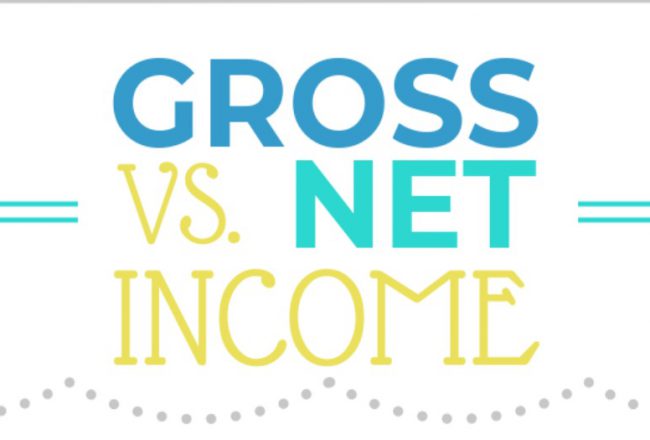
A master franchisee is granted the right to operate the franchisor’s business model in a particular region or country. In this model, the master franchisee serves as the franchisor for all franchisees in the area, providing support and assistance in accounting procedures. The franchisor provides guidelines employer identification number and standards, but the master franchisee has more responsibility for accounting. Inventory management is the process of tracking and managing inventory levels. This is important for a franchise business, as excess inventory can tie up cash flow, while insufficient inventory can lead to lost sales. The franchise model is a win-win situation for both the franchisee and the franchisor.
Types of Franchise Accounting Models
The franchisor makes decisions about which how to calculate marginal revenue products and services are sold. They also form an operating system and provide ongoing support to the franchise. To effectively monitor cash flow, franchise owners can utilize a cash flow dashboard.
The Basics of Franchise Accounting
Franchise accountants help franchisees understand the financial implications of different debt management approaches and assist in implementing them effectively. This proactive approach enhances the franchisee’s ability to efficiently allocate resources, invest in growth opportunities, and ensure long-term success. It enables them to reduce interest costs and improve cash flow management.

This dashboard provides real-time visibility into cash transactions, allowing for proactive management of expenses and revenues. It helps franchise owners stay on top of their financial position and take timely actions to ensure good cash flow. Creating a cash flow statement is a vital component of budgeting in franchise accounting.
Managing the finances of a multi-unit franchise can be more complex than a single-unit franchise, as the franchisee has to handle multiple accounting processes simultaneously. However, this model provides economies of scale, allowing the franchisee to benefit from bulk purchasing, shared marketing, and centralized accounting services. The franchisee can also leverage the franchisor’s expertise in accounting and financial management to improve their business operations. Before diving into the different models and best practices, it’s important to understand key terms and concepts related to franchise accounting. These include revenue recognition, cost of goods sold, inventory management, and financial reporting.
Please provide your contact details for a timely response.
- This includes the initial franchise fee and other startup costs like leasing a location or stocking up on inventory.
- With your timely monthly reports, tax guidance, CFO services, and more, you will have 24/7 financial visibility for impactful strategic business decisions.
- A balance sheet is a financial statement that shows a company’s assets, liabilities, and equity at a particular time.
But if you want to get a better handle on the process or want to give it a try yourself, here are some tips to get you started. We are actively seeking dedicated Senior Accountants to join our team. The applicant must live locally, as this role is an in-office role. professional tax automation software We sync up with your other accounts to save time, improve accuracy, and keep your books up to date at all times.
ABOUT CPA PRACTICE ADVISOR
The benefits of owning a franchise can be numerous vs. independent operation. Here are a few of the top benefits for those who decide to own an accounting and financial services franchise instead of going at it alone. The percentage of tax filers in the U.S. that use a professional tax preparer, such as a tax franchise, has been steady over the years. Lack of time and an increasingly complicated tax code are two primary reasons why people and companies tend to seek outside help in preparing their tax returns.
Franchise accountants thoroughly analyze the debt structure, including outstanding loans and interest rates, to identify opportunities for refinancing or negotiating better terms with lenders. By working with a professional franchise accountant, franchise owners can focus on running a successful business while leaving the complexities of franchise accounting in capable hands. A qualified franchise accountant can provide expert advice on franchise agreements, financial reporting, and proper accounting practices. They can also assist with the complex task of preparing financial statements and navigating any accounting issues that may arise. Franchise owners need to provide regular financial statements to the franchisor, which typically includes balance sheets, income statements, and cash flow statements. These reports provide valuable insights into the financial health and performance of each franchise location.

